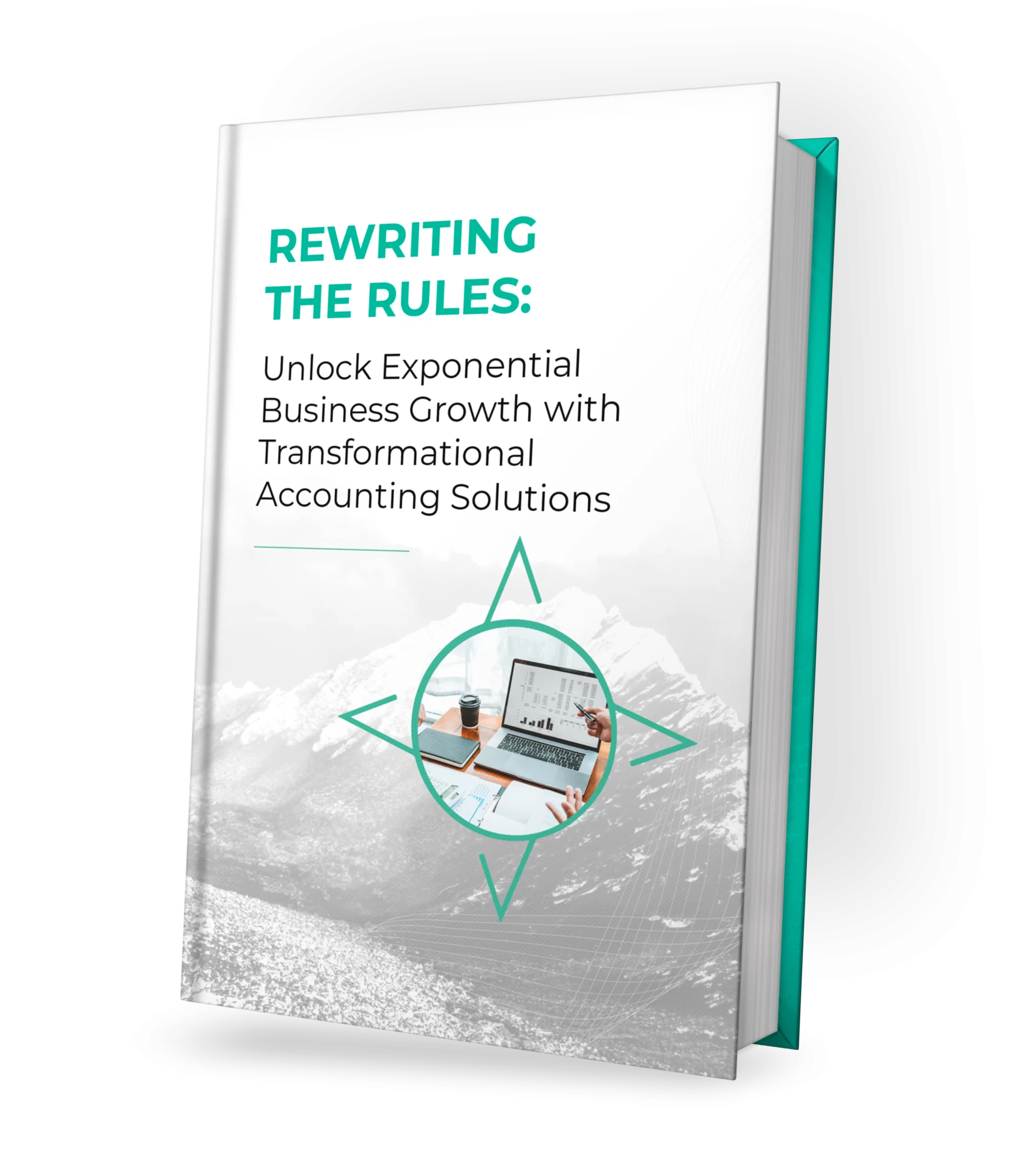Employee Benefits: What’s Taxable and What’s Not
Offering generous and creative employee benefits helps you recruit and retain top talent. But it can also expose you to additional tax reporting requirements depending on what kind of employee benefits you provide.
So what’s taxable and what’s not? As a general rule of thumb, all employee benefits are taxable and must be reported on the employee’s W2 – with a few big exceptions we will explore below. Failure to report and (when necessary) pay taxes on employee benefits can result in stiff financial penalties, which you can avoid by operating as if every employee benefit gets taxed.
The IRS waives the tax liability for some (but not all) employee benefits considered “fringe” benefits. You can find a complete list here, but some of the most important to be aware of include:
- Health Benefits – All medical benefits including payments for health, dental, and vision coverage plus uninsured health-related expenses are considered non-taxable
- COBRA Premiums – Payments under COBRA to keep medical coverage active for current or former employees are not considered part of the employee’s income.
- Group-Term Life Insurance – Employers that offer group-term life insurance policies with up to $50,000 in coverage do not need to report the cost of that coverage.
- Small Gifts – If you give employees a small gift – sports tickets, holiday baskets, flowers etc – on an occasional basis, these can be considered tax-free gifts.
- Awards and Honors – Something like a trophy or plaque is non-taxable provided it is awarded as part of a meaningful ceremony and does not constitute a form of disguised compensation (a solid gold trophy, for example).
- Discounted Prices – Giving employees a price break on things like meals or in-store purchases does not count as taxable income. The exception does not apply to things like property or investments.
- Free Services – Employers can provide their services free to employees as a non-taxable benefit. That might include a free room for hotel employees, a free ticket for airline employees, or free phone service for telecom employees.
- Qualified Transportation – Transportation benefits such as a transit pass, a parking pass, or shuttle transportation between home and work are tax free up to a $230 threshold.
- Educational Assistance – Provided certain conditions are met, the first $5,250 an employee receives in employer-provided educational assistance does not get touched by the IRS.
Accountable plan expense reimbursements
While not part of fringe benefits, employers can reimburse employees for cellphone, internet, and other costs that are used for business under an accountable expense reimbursement plan.
You will notice that employee benefits like cash bonuses, long-term housing allowances, complementary trips, and company vehicles are not on this list because all of those are taxable and need to be reported on W2s.
Deciding what’s taxable and what’s not seems simple in theory, but in practice it can be tricky and time consuming. Adopting a comprehensive tax strategy for your business will ensure you report the right taxes, pay the correct amounts (in the smallest totals possible), and breeze through tax season.
The best time to formulate a tax strategy is yesterday, so contact Proseer today.

